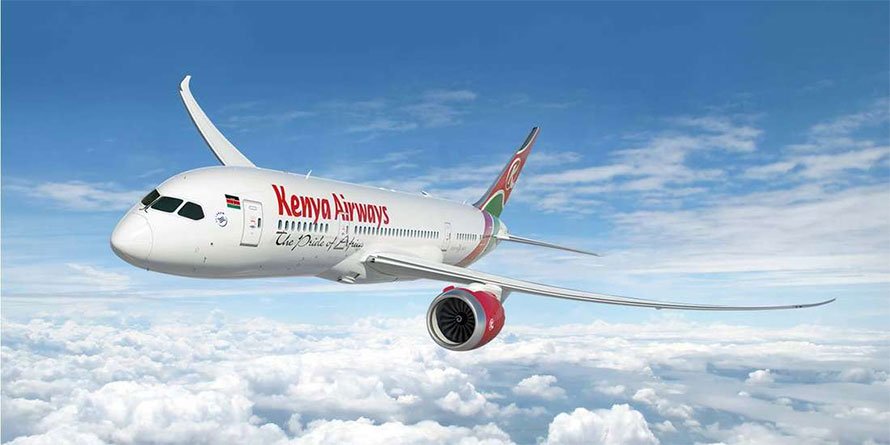A hilarious quote from The Godfather (Part 1), “In Sicily, women are more dangerous than shotguns” got me thinking of something that’s equally dangerous; the vanity projects called African airlines.
According to the International Air Transport Association (IATA) 2019 report, while the global industry generated Sh685 per passenger in 2018, African carriers generated average losses of Sh109 for every passenger they flew.
While the global airline industry experienced another year (2018) of robust financial outcomes (IATA estimates that airlines generated a net post-tax profit of Sh3 trillion on EBIT margin of 5.8 percent), most African airlines fared poorly. What’s worse, 80 percent of air travel from or to Africa is still done by non-African carriers while African airlines cater to only 20 percent of the air traffic in the continent.
This got me wondering: Is the Sh45 billion ask akin to throwing good money after bad? Do investors believe things will be worse, the same, or somewhat better in the future? If one is leaning towards the same or better, then the airline stock equity upside potential appears highly attractive. But not too fast, the airline industry has plunged more than two-thirds since the beginning of the year.
First half 2019 performance has not been exciting – it posted a pretax loss of Sh8.56 billion, compared with a loss of Sh3. 99 billion in the same period last year. Besides, it faces the daily risks of labour issues, flight cancelations and high oil prices (jet fuel prices in the region are significantly higher than the global average).
Further, although the airline hedges a maximum of 41 percent of the current year’s projected fuel requirements via options, volatile jet fuel prices this year means its hedges are unlikely to have seen much benefit.
KQ also has to deal with fierce competition. Our neighbours (Ethiopian Airlines) are currently Africa’s largest in both revenue and profit. They have also managed to overtake Dubai as a conduit for long-haul passengers to Africa under its strategic expansion plans.
That said, KQ is not a vanity project. The “Pride of Africa” can still fly the friendly skies. Crucial factors such as the launch of the Single African Air Transport Market (SAATM) initiative, procurement of more efficient and cost-effective aircraft, launch of more strategic routes, normalisation of its labour issues and a focus on marketing could turnaround its fortunes. Indeed, these should drive returns and profitability.
Moreover, being a high-volume and a low-margin business, every penny counts. Focus on its “rationalisation” programme, deepening (and increasing) their regional partnerships – 41 percent of the airlines revenue in 2018 was realised from Africa – and non-interference from the government would be key to its future success.
This is one way the airline can increase return on capital, create value for its shareholders and reclaim its strategic position in African routes that are now being dominated by Turkish Airlines and Emirates.
To close, at the market level, long-term investors can still smile because the stock looks cheap and attractive at current prices despite the uncertainty. While it may be hard to make a case for adding shares to one’s portfolio right now, KQ is a compelling stock. No one doubts that it is still the “New Spirit of Africa”.




